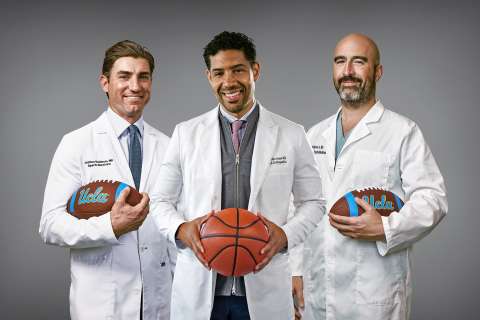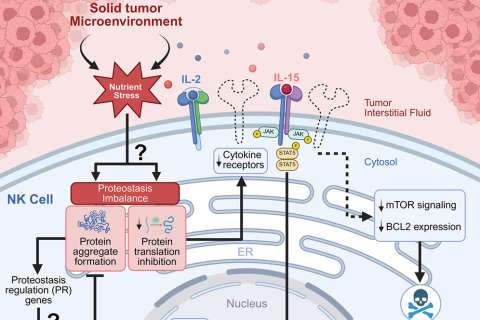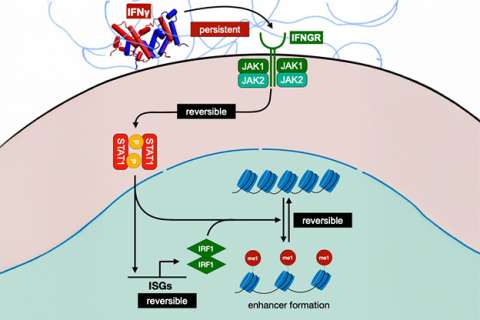Bordering the Indian Ocean in southeast Africa, Mozambique is a country rich in natural resources: white sand beaches, fertile soils and the great Zambezi River. It is also one of the least developed countries in the world.
After nearly five centuries of Portuguese colonization, Mozambique only gained independence in 1975, quickly followed by a devastating civil war that lasted until 1992. The country’s current life expectancy is a decade lower than the world average, and HIV/AIDS is the top cause of death.
At Hospital Central de Maputo, the principal referral and teaching hospital, located in the capital, W. Chris Buck, MD, MSPH, sees a high burden of infectious illness, HIV and respiratory infections in the hospital’s ward for infants.
Dr. Buck is an associate professor of pediatrics at the David Geffen School of Medicine at UCLA, and partner lead for the school’s Global Health Program (GHP) in Mozambique; KwaZulu-Natal, South Africa; and Brazil. A program for global health was established in Mozambique in 2008 to give medical students and residents a unique perspective on low-resource settings.
“My goal is to stimulate their interest in global health, show them some of the issues, and give them experience that will push them to want to integrate this into their careers,” said Dr. Buck.
He has spent most of his career in southern Africa: a month in Lesotho during pediatrics residency; four years in Malawi for his first job caring for children and adolescents with HIV; and for the last dozen years, clinical care, teaching, public health projects, and research in Mozambique.
He is optimistic about the country’s direction, noting impressive improvements in health indicators in the last few decades. Below is an edited conversation with Dr. Buck.
What would a medical student see when they first arrive at Hospital Central de Maputo (HCM)?
Dr. Buck: Compared to a hospital in the U.S., it’s like a different planet. There is a long list of challenges common to sub-Saharan Africa: tons of resource constraints, poor health care provider-to-patient ratios, limited access to diagnostics and medications, frequent stock-outs. There are a lot of patients who come with advanced disease. We see things that rarely get seen in the U.S. just because it took so long for them to access care.
But despite these challenges, there are a lot of great things happening at HCM. Our staff make up for gaps in ancillary services, such as X-rays or lab tests, with clinical expertise. There are strong medical education programs. It’s a place I find both challenging and rewarding to spend my days.
Medical students spend one to three months in Mozambique. How do you structure their time?
Dr. Buck: Because of the language barrier with Portuguese, it's more of an observership than it is a rotation doing a lot of clinical care. But I try to expose them to diverse clinical care settings, both inpatient and outpatient. We do walking rounds on our ward every day; I'm translating as we go. After rounds, we’ll see a few patients on whose cases we can get more in depth, and I can explain things in English.
I also give them a lot of didactic teaching on topics. In the U.S., they don't get exposed much to pediatric HIV, malaria and tuberculosis. So we have extra, non-clinical teaching related to that.
I always encourage them to get out on the weekends. Mozambique is a beautiful country. There's plenty to see and the people are warm and friendly. Part of the experience is for students to understand the culture and some of the social determinants of health. That can't all happen in the hospital, so I push them to travel and explore the country on the weekends.
My wife is Mozambican and we have two children, and they really enjoy meeting the folks who come, so we always try to integrate them into our lives and include them in our social events. My wife makes an amazing Mozambican meal for all of our visitors.
Let’s talk a little more about the social determinants of health you mentioned.
Dr. Buck: Absolutely. That's one of the most important things for students and residents to learn about and to explore. We have health challenges related to poverty, food insecurity, health literacy and gender roles in families and communities.
Traditional medical beliefs in Mozambique are very strong, particularly regarding infant care. Mothers and caregivers live in a culture where they believe that certain traditional medical practices are important in terms of their baby's health. If you're a visiting doctor and you aren't aware of those and you aren't sensitive to the fact that these are part of what families are doing to take care of their infants, despite your best efforts, you might miss connecting with them and being as effective as you could.
I always try to find the moms who speak the best English, and when medical students arrive, I sit them down with her and ask her to share everything she’s done for her baby. It’s a great experience for the students, and despite being here for a long time, I'm still learning new things about traditional health practices.
Not every future physician will choose to work abroad. What are they learning in a low-resource setting like Mozambique that will make their health care practice better or more informed?
Dr. Buck: I'm cognizant of the fact that a lot of people have family or other commitments that aren't going to allow them to do global health the way I have. For those who do, I hope they choose a country or a site that they can stay involved with on a long-term basis. I've seen very well-intentioned folks try to do one-off, mission-type trips, and I think the impact can be limited. I often encourage people to choose a project or a site where they can hopefully have a longitudinal relationship. Make sure that it's well integrated with that country’s Ministry of Health, so that activities are sustained when they're not there.
If they're going to be doing the bulk of their work in the States, find the vulnerable populations, find the inequities that don't sit right with them and apply some of these lessons that they learned during their global health rotation. Like, how can you efficiently use limited resources? How can you be an advocate when things aren't equitable, and they should be? And do you have the cultural humility to deal with these situations and deal with diverse populations?
A lot of the underserved community in the U.S. comes from different parts of the world – so I think the lessons that medical students and residents learn when they're interacting with patients and colleagues overseas will serve them very well at home as well.
HCM is on the same campus as the main public medical school. Besides teaching, how are you working with Mozambican medical students and residents in research?
Dr. Buck: We have a growing research portfolio with a number of active and upcoming projects. We've partnered with different hospitals throughout the country, recruiting children for various types of clinical trials and other studies. My principal research interests are in TB and HIV.
I'm very happy to say that the burden of HIV in my hospital work now is dramatically lower. That said, there still are children who are newly acquiring HIV, and mortality remains stubbornly high, particularly for infants.
A lot of my research right now is focused on what we call advanced HIV disease. We're interested in improving inpatient mortality for children with advanced HIV disease. But also important is the question about post-discharge mortality. We're seeing that even with surviving hospitalization from acute pneumonia or acute malnutrition, we still lose a lot of children in the year after their discharge.
Other than work with HIV, we have a pretty broad range of pediatric health topics that we're studying: meningitis, malaria, sepsis. I've trained a group of young Mozambican investigators who are part of our team and my goal for the future is to turn over the reins and let them lead the implementation of our studies.



